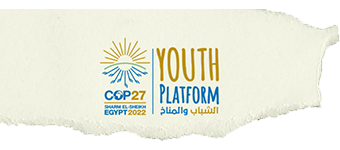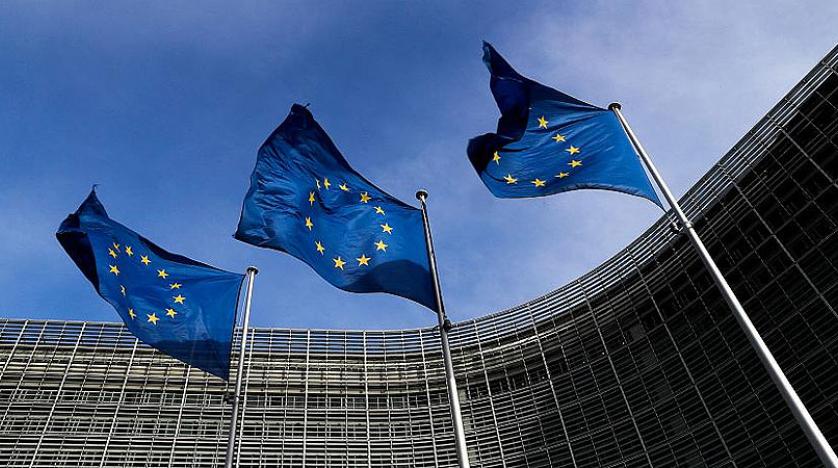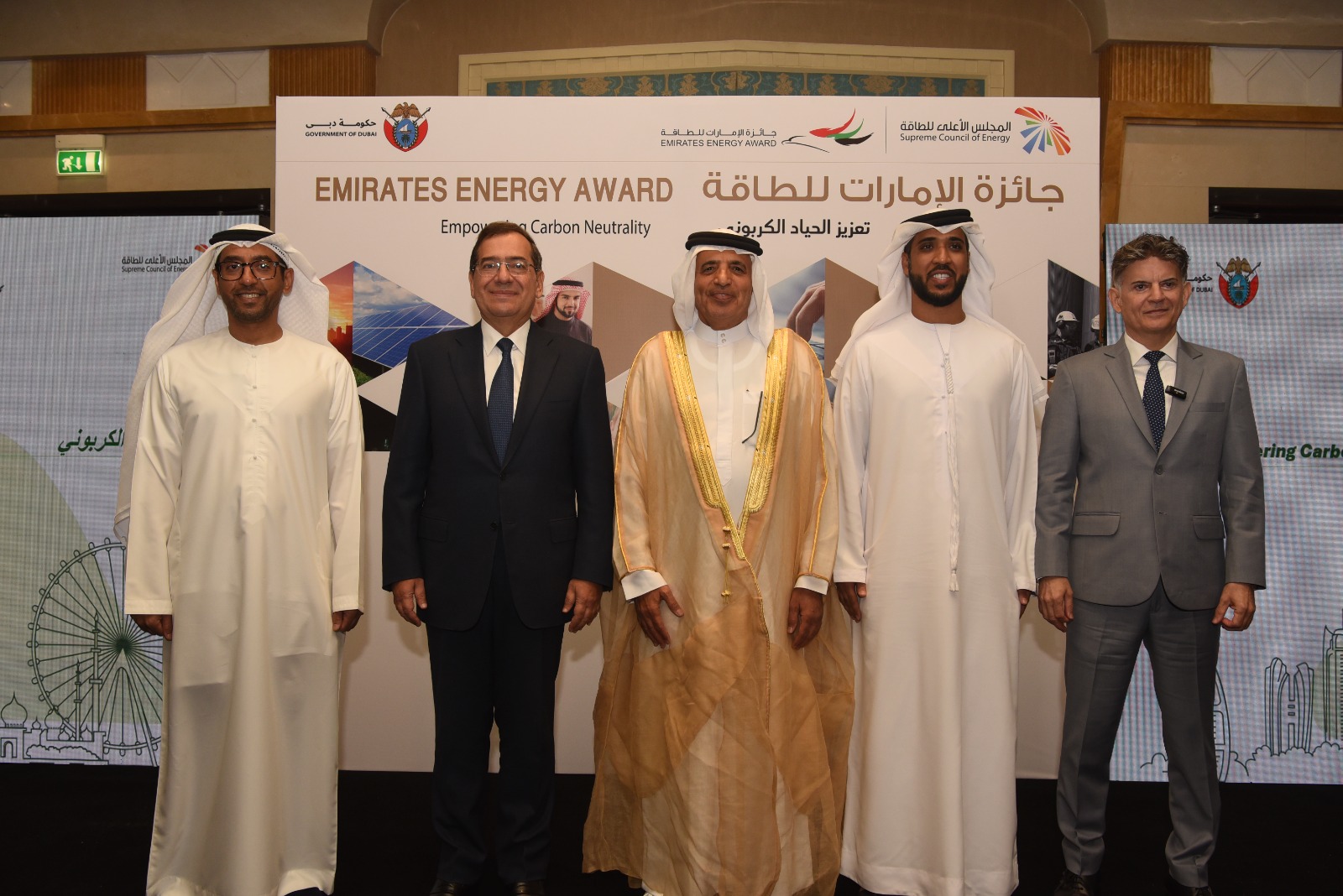The European Union has joined a highly ambitious Acceleration Partnership to support the future implementation of the Global Biodiversity Framework, which is still under negotiation at the 15th session of the Conference of the Parties to the United Nations Convention on Biological Diversity (COP-15), currently hosted by Montreal, Canada, with a renewed commitment and many partners Others are also creating a support service to advance global knowledge of biodiversity.
This came in a statement published by the European Commission, on its official website hours ago, in which it confirmed that such initiatives and participations are important in addressing the main obstacles to the implementation of future global biodiversity goals by developing countries.
The statement stated that the Acceleration Partnership will help increase financial flows for biodiversity in developing countries, while the Knowledge Support Service will provide data to help countries monitor progress in achieving biodiversity targets.
He added that as negotiations continue to introduce a new global framework for biodiversity, participation in these initiatives is part of the EU’s contribution to the success of COP15, and represents a response to the practical needs of developing countries that require capacity and support to implement an ambitious agreement for nature.
The statement added that this partnership will also provide the possibility of matching funding requests with biodiversity solutions, as well as enabling the exchange of knowledge and best practices. It will help implement the National Biodiversity Strategies and Action Plans and the National Biodiversity Financing Plans which are key national tools for the implementation of global biodiversity targets. The future agreement and its ambitious goals and objectives without delay.
As for the global knowledge support service, the Commission stressed – in its statement – that its purpose is to help monitor progress so that countries achieve the goals and objectives of the global biodiversity framework, while supporting national efforts to monitor and report progress, by enhancing access to and use of data and knowledge. National, regional and global level.












